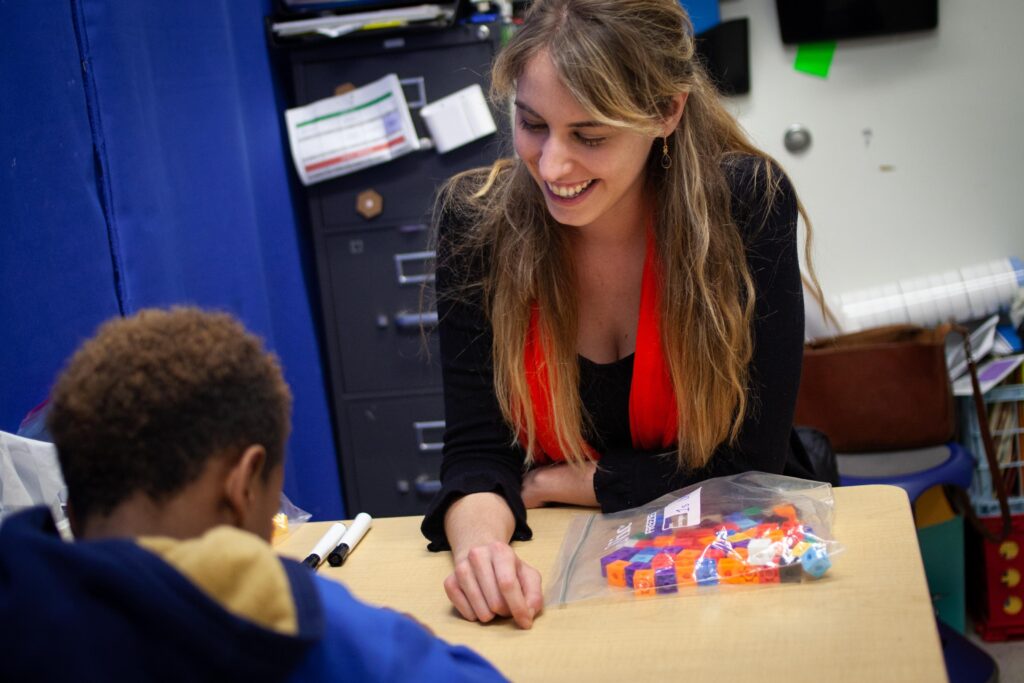As a twice-exceptional student who knew what it was to be expelled, I knew that not every teacher was like Mrs. Jordan. I noticed immediately that she treated me differently – she didn’t judge me based on my previous behaviors. She didn’t make me sit in a chair if I didn’t want to. I could stand, take breaks, or finish my work early and go to a quiet space in the classroom. And so I thrived in her class. At a pivotal point, starting out in middle school, she not only enabled me to be myself in a classroom, but she held me to high expectations, and so I thrived academically and socially; but what I remember most is how she championed my entire black girl magic and saw my full worth.
This Women’s History Month, I am inspired by special educator and leader Rita Pierson. Pierson famously said, “Every child deserves a champion—an adult who will never give up on them, who understands the power of connection, and insists that they become the best that they can possibly be.” Today, amidst an epidemic of loneliness and isolation, contributing to a staggering mental health crisis, kids need champions more than ever.
In the case of Mrs. Jordan, it was creating options in the classroom, naming when I could do better, and a constant belief in what I could accomplish. As you reflect on adults who have championed you, consider:
What does it look and sound like to champion a child?
From my own experience, it is an adult building a connection with a student, identifying their natural talents, affirming them, and breaking the single story others might form about them. It looks like a big smile at the door, but also like a moment in the break room to share a positive student anecdote with another teacher. It sounds like “I noticed… You are…You’ve got this.”
But in a world where we as adults are in a fatigue and burnout epidemic of our own, it’s critical we put our own oxygen masks on first before tending to others, even as we work to champion kids. Consider:
What boundaries are critical for you to maintain for your own wellness?
For me, I take an extra moment to relish the lightbulb moments – where a kid knows I’ve seen them. I hold it close as manna for the journey. I also know it’s critical that I maintain reasonable expectations of myself and what I can accomplish: not every day, nor every moment will be perfect. Over the long-run, consistency is key, so I remind myself that simply by showing up as a consistent presence in a child’s life, I have contributed to their sense of security. And most importantly, while it’s validating when a child thinks the world of me, I am only one part of their world. There should be balance in both seeing the capacity I have to champion a child, and the myriad of other influences there are in her world.
I believe championing others and supporting my own wellness are mutually reinforcing efforts. When I am well, I notice, advocate, and encourage more. Yet also, having a positive impact on someone else’s day is a boon to my own happiness. This virtuous cycle energizes me to continue in the journey of championing exceptional children. And in moments where my fuel tank is low, I’m motivated to pause and rest – protecting space for my personal health and wellness – knowing that I am better for those around me when I’ve had time and space to reset. Consider:
In what ways does championing a child fill your own cup?
As you look ahead to the rest of Women’s History Month, I challenge you to channel Rita Pierson and consider:
Who have you been a champion for already? Who can you champion today?
